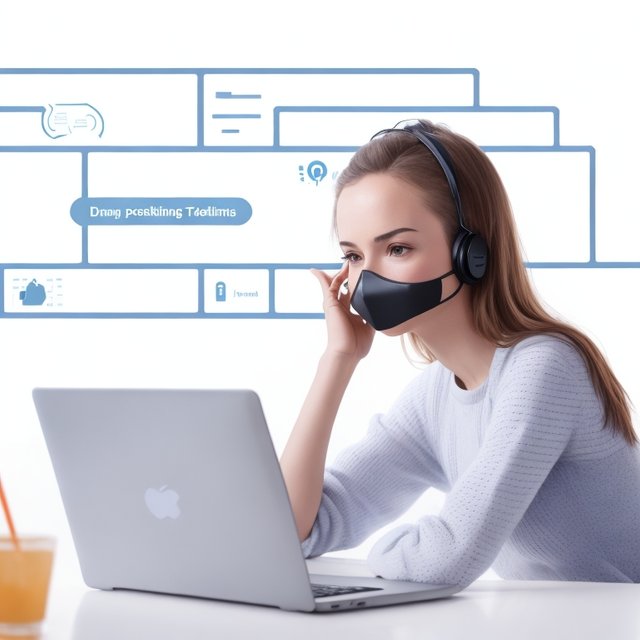Internet filtering is the practice of restricting access to certain websites or online content. It can be implemented at the individual, household, organizational, or government level.
Positives of internet filtering
Protecting children from harmful content. One of the most common reasons for using internet filtering is to protect children from harmful content, such as pornography, violence, and hate speech. This can be done by blocking access to specific websites or categories of websites.
Improving productivity at work. Internet filtering can also be used to improve productivity at work by preventing employees from accessing websites that are unrelated to their work. This can be done by blocking access to social media, gaming websites, and other types of distracting websites.
Protecting networks from malware and cyberattacks. Internet filtering can also be used to protect networks from malware and cyberattacks. This can be done by blocking access to known malicious websites and by preventing employees from downloading suspicious files.
Negatives of internet filtering
Censorship. Internet filtering can be used to censor information and restrict freedom of expression. This is a particular concern in authoritarian countries, where governments use internet filtering to suppress dissent and prevent people from accessing information that is critical of the government.
Overblocking of legitimate websites. Internet filtering can also lead to the overblocking of legitimate websites. This can happen because internet filters are not always able to accurately identify and block harmful content. For example, a filter that is designed to block pornography may also block websites that contain information about sex education or reproductive health.
Privacy concerns. Internet filtering can also raise privacy concerns. This is because internet filters typically collect data about the websites that users visit. This data can be used to track users' online activity and to build profiles of their interests.
Debating the positives and negatives
Proponents of internet filtering argue that it is necessary to protect children from harmful content, improve productivity at work, and protect networks from malware and cyberattacks. They also argue that internet filtering can be used to promote social or religious values.
Opponents of internet filtering argue that it is a form of censorship that restricts freedom of expression and access to information. They also argue that internet filtering is often ineffective and can lead to the overblocking of legitimate websites. Additionally, they argue that internet filtering can raise privacy concerns.
Conclusion
Internet filtering is a complex issue with both positives and negatives. It is important to weigh the benefits and risks carefully before deciding whether or not to use internet filtering.
In some cases, the benefits of internet filtering may outweigh the risks. For example, in a school setting, it may be appropriate to block access to certain websites, such as social media websites or websites that contain pornography or violence. This is because the primary purpose of a school is to provide education, and access to these websites can be distracting and disruptive.
However, in other settings, the risks of internet filtering may outweigh the benefits. For example, in a workplace setting, it may not be appropriate to block access to social media websites or other websites that are unrelated to work. This is because employees should be trusted to use their time wisely and to manage their own productivity.
Ultimately, the decision of whether or not to use internet filtering is a complex one that should be made on a case-by-case basis. It is important to weigh the benefits and risks carefully before making a decision.
